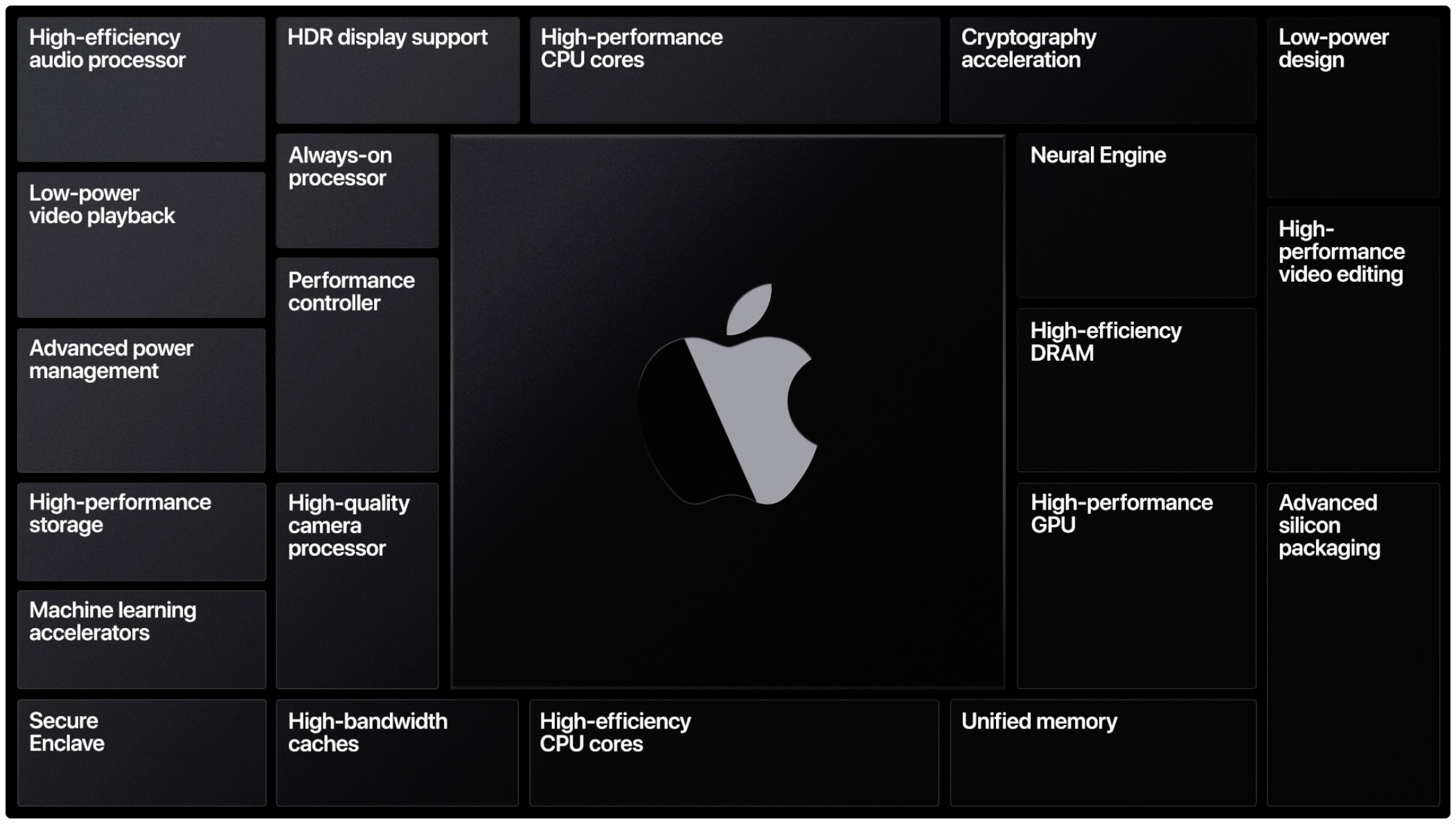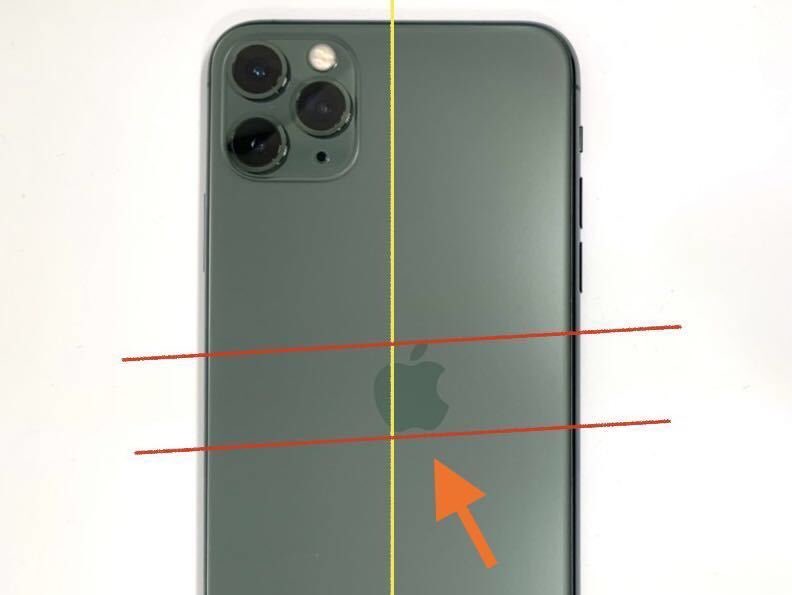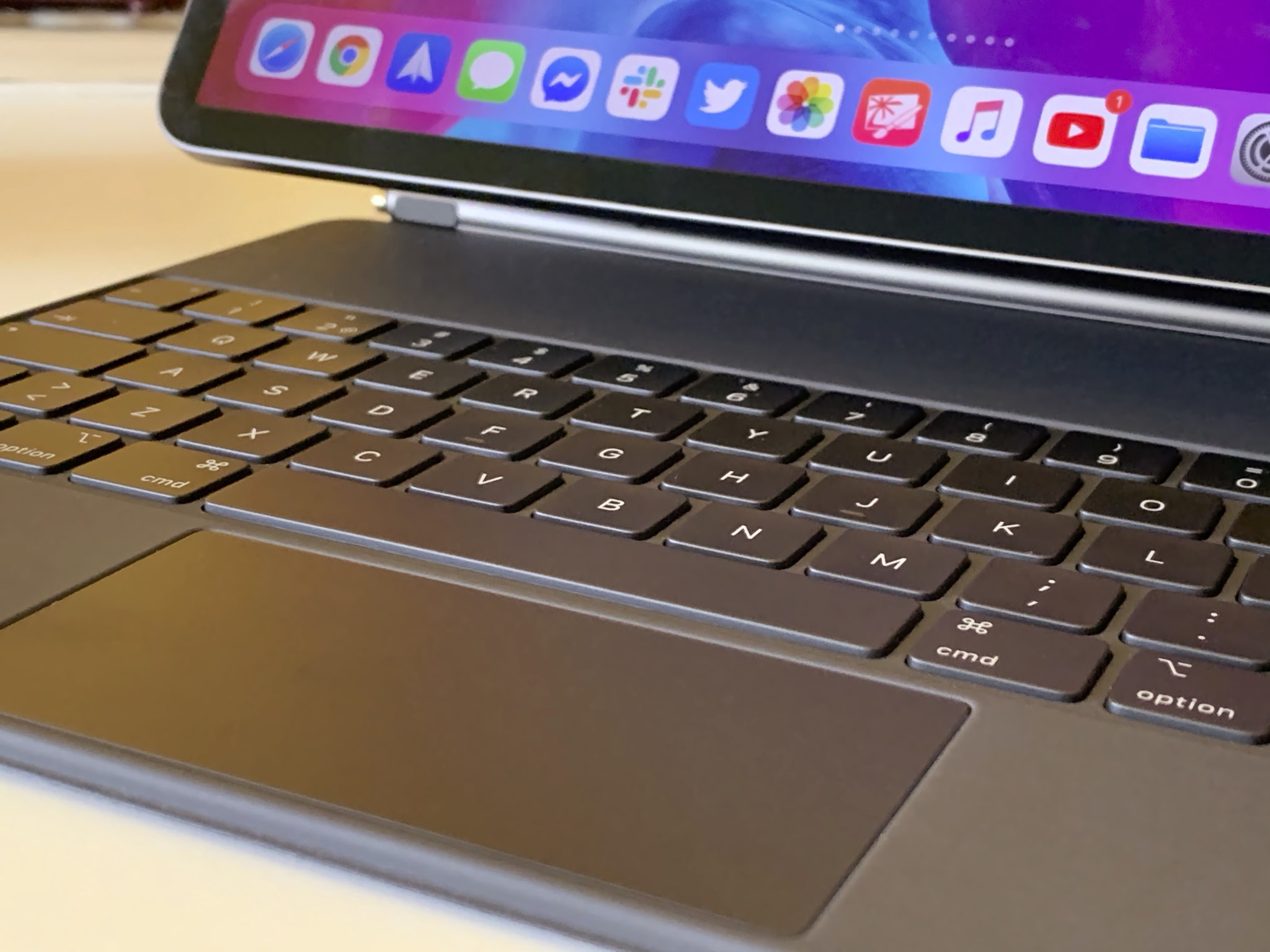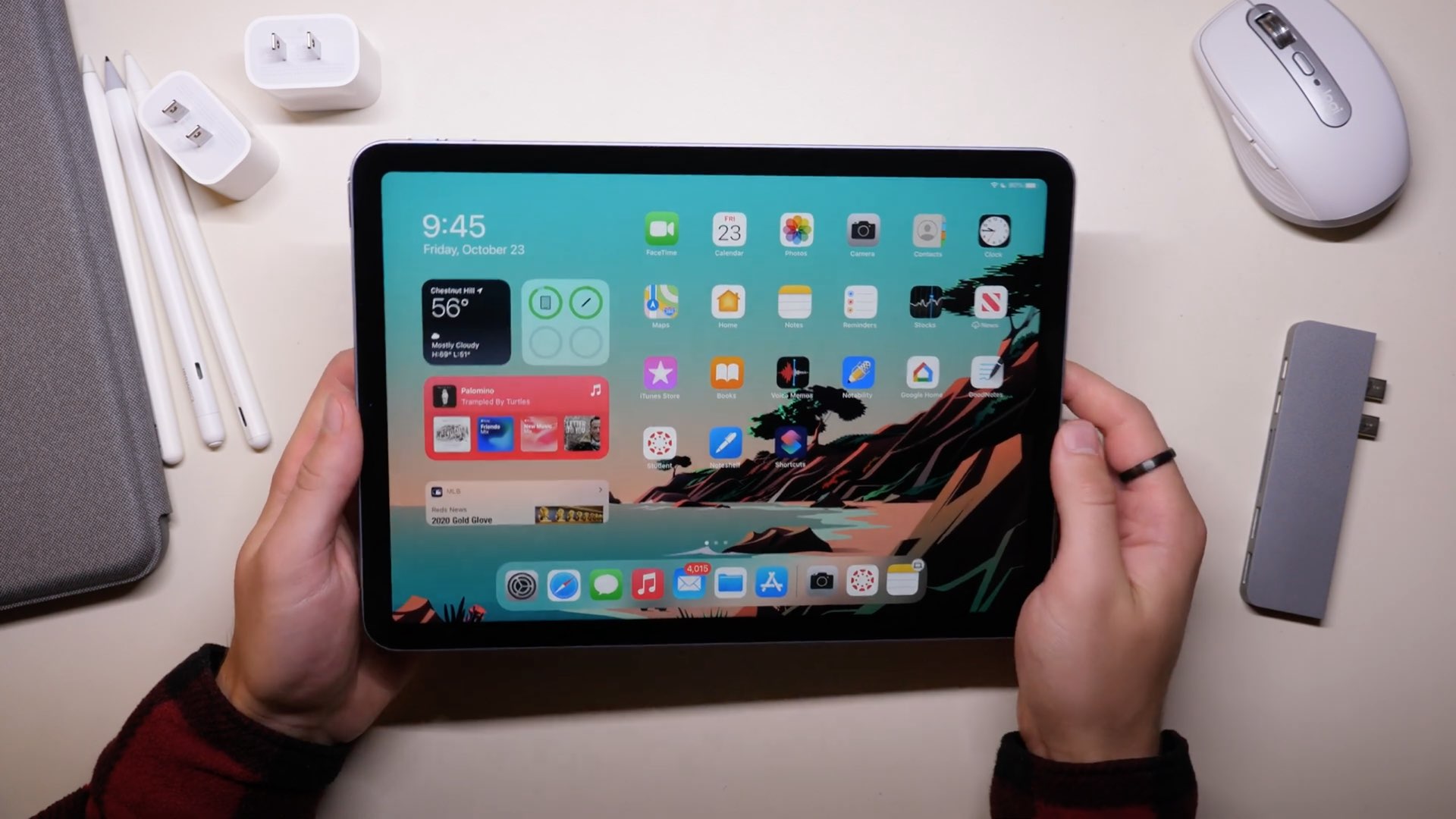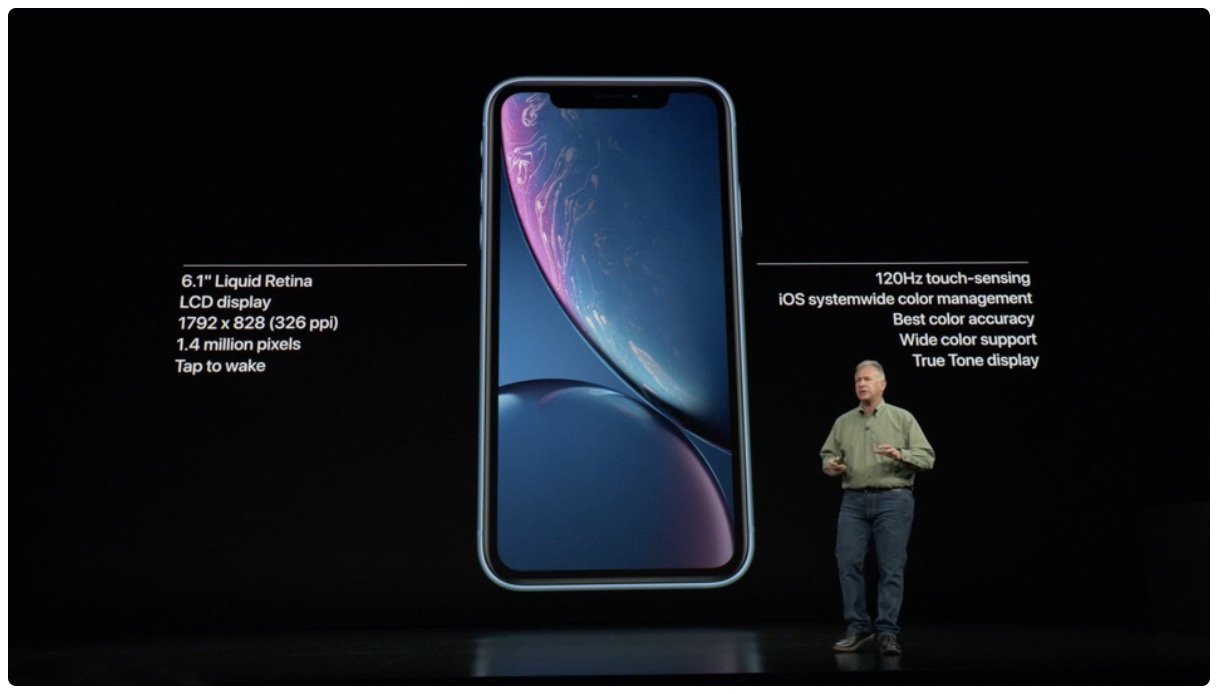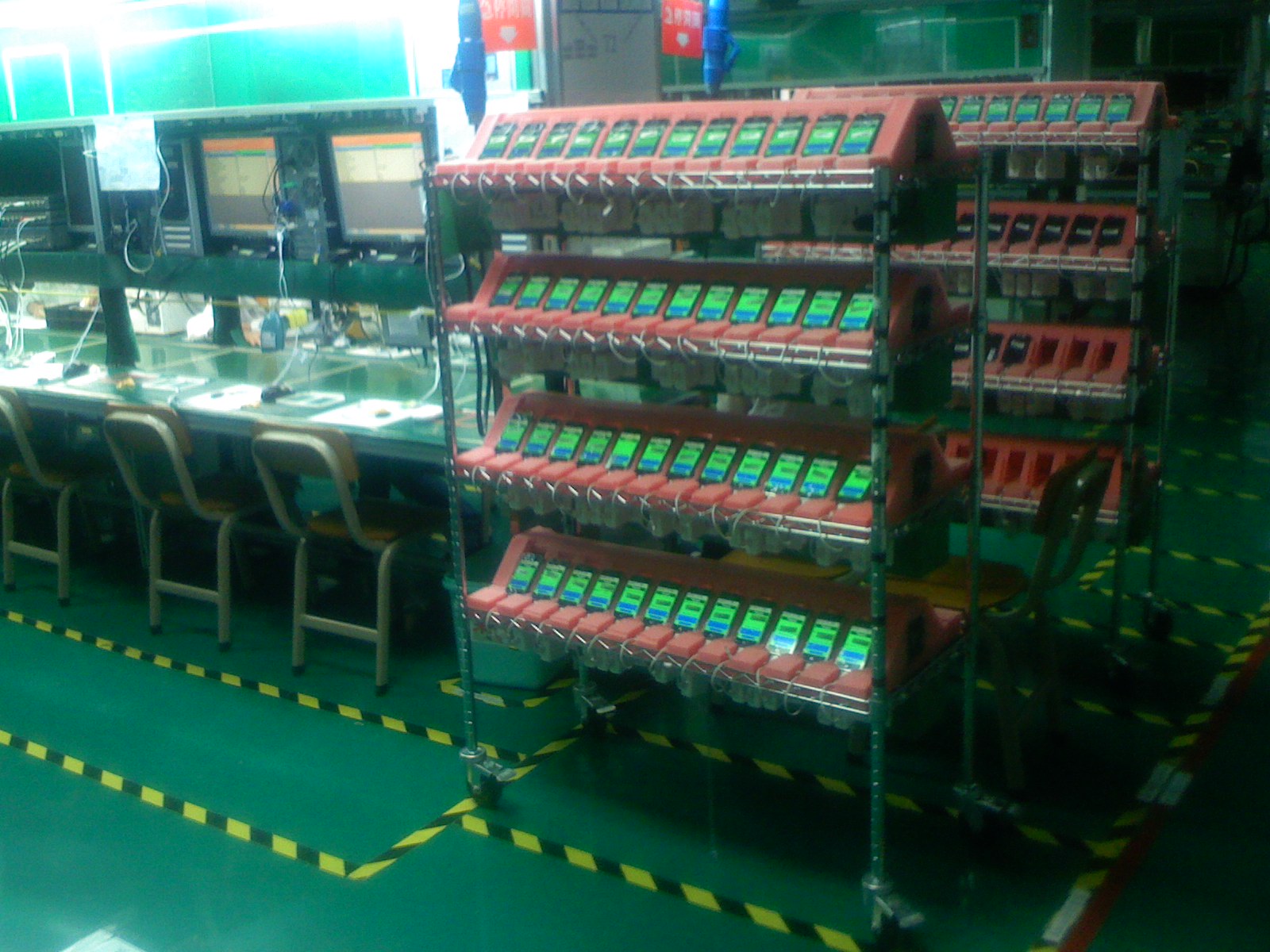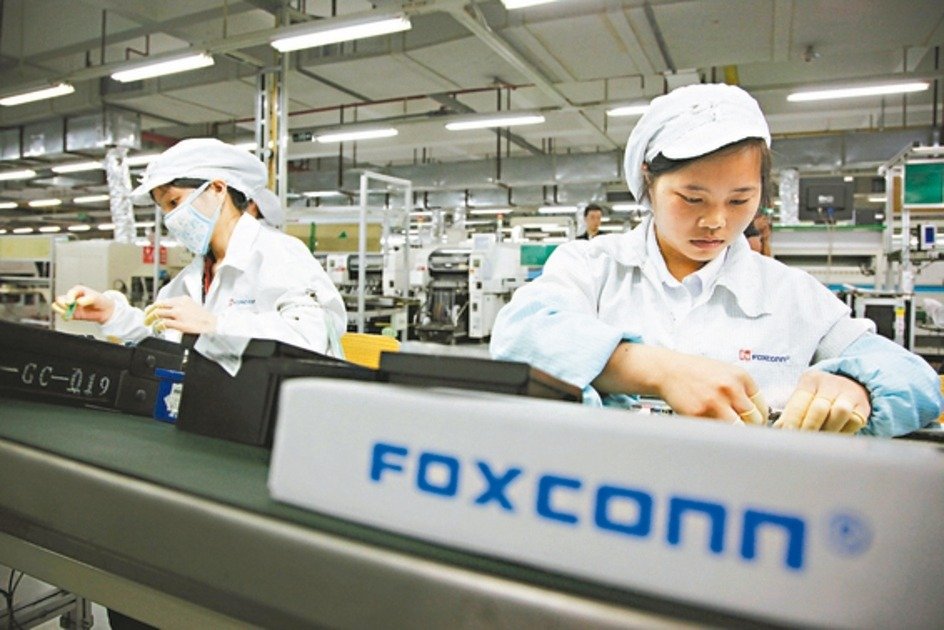Taiwan Semiconductor Manufacturing Company (TSMC) is addressing a chip shortage plaguing the global semiconductor industry by increasing its planned investment in expanding production capacity to a whopping $100 billion, a major financial commitment.
STORY HIGHLIGHTS:
$100B expenditure over the next year to boost output.
TSMC's been running at 100% capacity over the last year.
It previously planned to spend $28B in 2021 alone.
TSMC also builds chips for Nvidia, Qualcomm and others.
A staggering financial commitment
TSMC already planned a record capital expenditure of $28 billion in 2021 alone, but that was before the pandemic and stay-at-home measures boosted demand for electronics significantly.
Bloomberg has TSMC's statement acknowledging the massive capital expenditure:
In order to keep up with demand, TSMC expects to invest $100 billion over the next three years to increase capacity to support the manufacturing and research and development of advanced semiconductor technologies. TSMC is working closely with our customers to address their needs in a sustainable manner.
CEO C.C. Wei told customers that TSMC's fabrication facilities have been “running at over hundred percent utilization over the past twelve months.” Still, demand outpaced supply and not even hiring thousands of additional engineers and having multiple new fabrication facilities under construction could change that, he wrote recently in a letter to customers.
TSMC is entering a period of higher growth as the multiyear megatrends of 5G and HPC are expected to fuel strong demand for our semiconductor technologies in the next several years.
TSMC's investment should be good news for Apple.
Global chip shortages snarl electronics
Apple has relied on TSMC's foundry service for years now—According to a recent supply chain report, Apple has already booked the initial production capacity of TSMC's four-nanometre chips for its next-generation Macs.
Demand for semiconductors of all stripes, buoyed by the pandemic, has caused a major global chip shortage which has, in turn, snarled everything from smartphones and tablets to cars.
→ How to verify that your Mac runs Apple silicon
The world's biggest independent semiconductor foundry, TSMC was awarded an Apple contract following legal disputes between the Cupertino firm and Samsung over the iPhone's look and feel. Aside from Apple, TSMC counts as its customers many of the leading fabless semiconductor companies like Nvidia, Qualcomm, AMD, Broadcom, Marvell and MediaTek.
A semiconductor foundry is basically a producer of chips designed by others.
Meanwhile, Intel will pour $20 billion into two new domestic factories in Arizona to compete with TSMC as it plans to build chips for other companies. As for Samsung, it's allocated about $100 billion for an expansion of its own semiconductor business over the next ten years.

